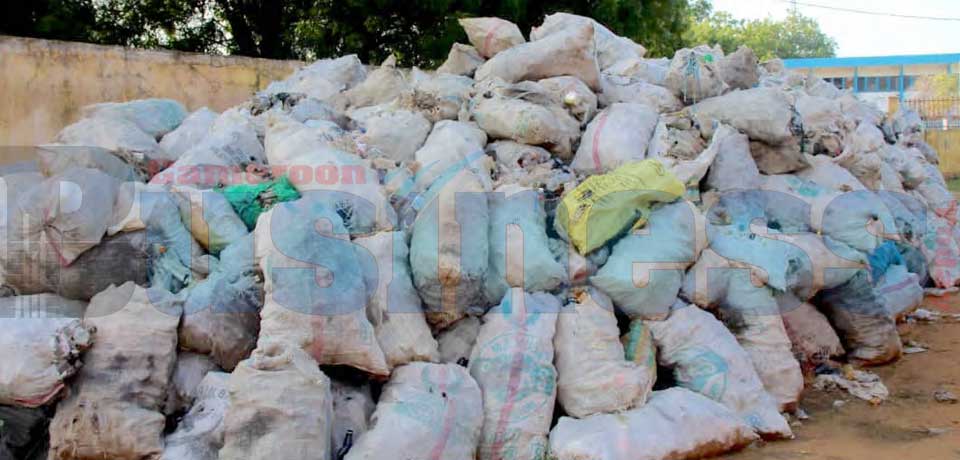Africa is home to a long list of oil-rich countries. In 2017, Africa’s total crude oil production amounted to around 8 million barrels per day (bpd), with sub-Saharan Africa contributing an estimated 5.5 million barrels per day to global production. The stabilization of crude oil prices recently has contributed significantly to the increase in the region’s production, and to the opening up of new investment opportunities. Paradoxically, Africa’s top oil producing countries, counted among the world’s fastest growing economies, are also major importers of refined petroleum products. While the continent’s crude oil production is more than enough to meet its demand, the domestic refining output is far too low, forcing the region to export the lion’s share of its production and rely on refined-product imports to satisfy the domestic market’s rising needs. An estimated total of 1.9 million bpd of refined products are currently being imported by African countries. Nigeria, for example, which is traditionally ranked as one of Africa’s leading crude producer and currently the sixth largest in the world, with a maximum production capacity of 2.5 million bpd, is also one of the major importers of refined products on the African Continent. The situation is not only peculiar to Nigeria but a common phenomenon to sub-Saharan Africa where importation of refined oil is rampant even with oil rich producing countries. This does not only reduces the foreign currency earning of the country but also affects negatively the balance of trade as huge quantities refined oil are imported to meet local demand. Oil refineries in the continent are either obsolete or simply lack the technical capacity to produce. Actors in the oil and gas sector contend that due to limited refining capacity, over 75 per cent of the 1.9 billion barrels of crude oil produced in Nigeria and other African countries in 2024, translating to 1.4 billion barrels was exported to Europe and other continents, at the detriment of local refineries and rising energy poverty in Africa. Speaking at the yearly conference of African Refiners and Distributors Association (ARDA) recently, Gloria Sebikari, Head of Corporate Affairs at the Ugandan Petroleum Authority (PAU) opined that Africa countries must invest in new refineries and revamp old refineries to secure their energy future. This call to action emphasizes the need for harmonization between the upstream and downstream sectors of the oil and gas industry. “We must harmonise the upstream and downstream sectors to secure Africa’s energy future. Energy security, cleaner fuels and efficient storage solutions must be at the heart of Africa’s strategy,” Sebikari says. She explains that Uganda’s planned 60,000 barrels of oil per day refinery project, developed alongside th...
- Fil Eco
- Enquête de la semaine
-
Marchés & FINANCES
-
Marchés
-
Finances
-
-
Cahiers de l'entreprise
-
Catégories
-
-
-
-
-
- Made in Cameroon
- Débats et analyses
- World Business















Commentaires